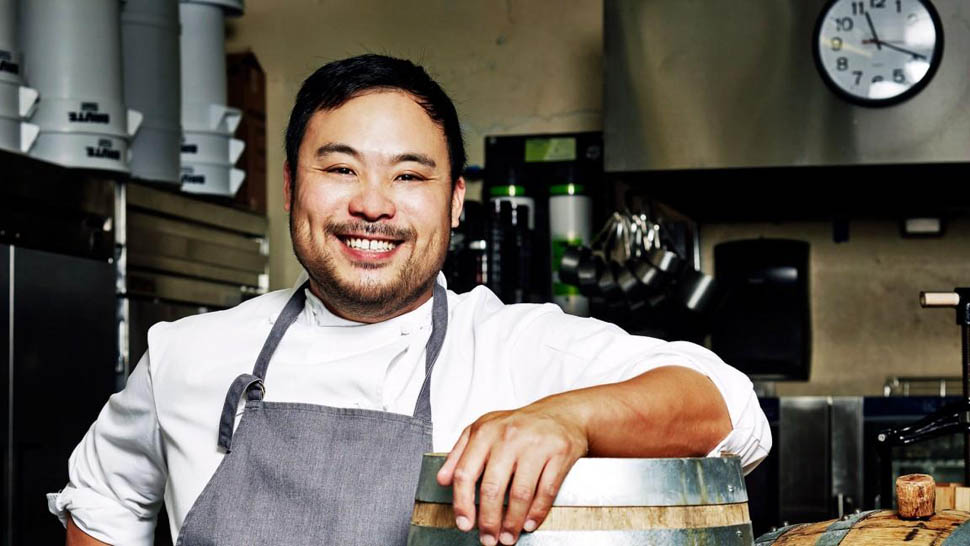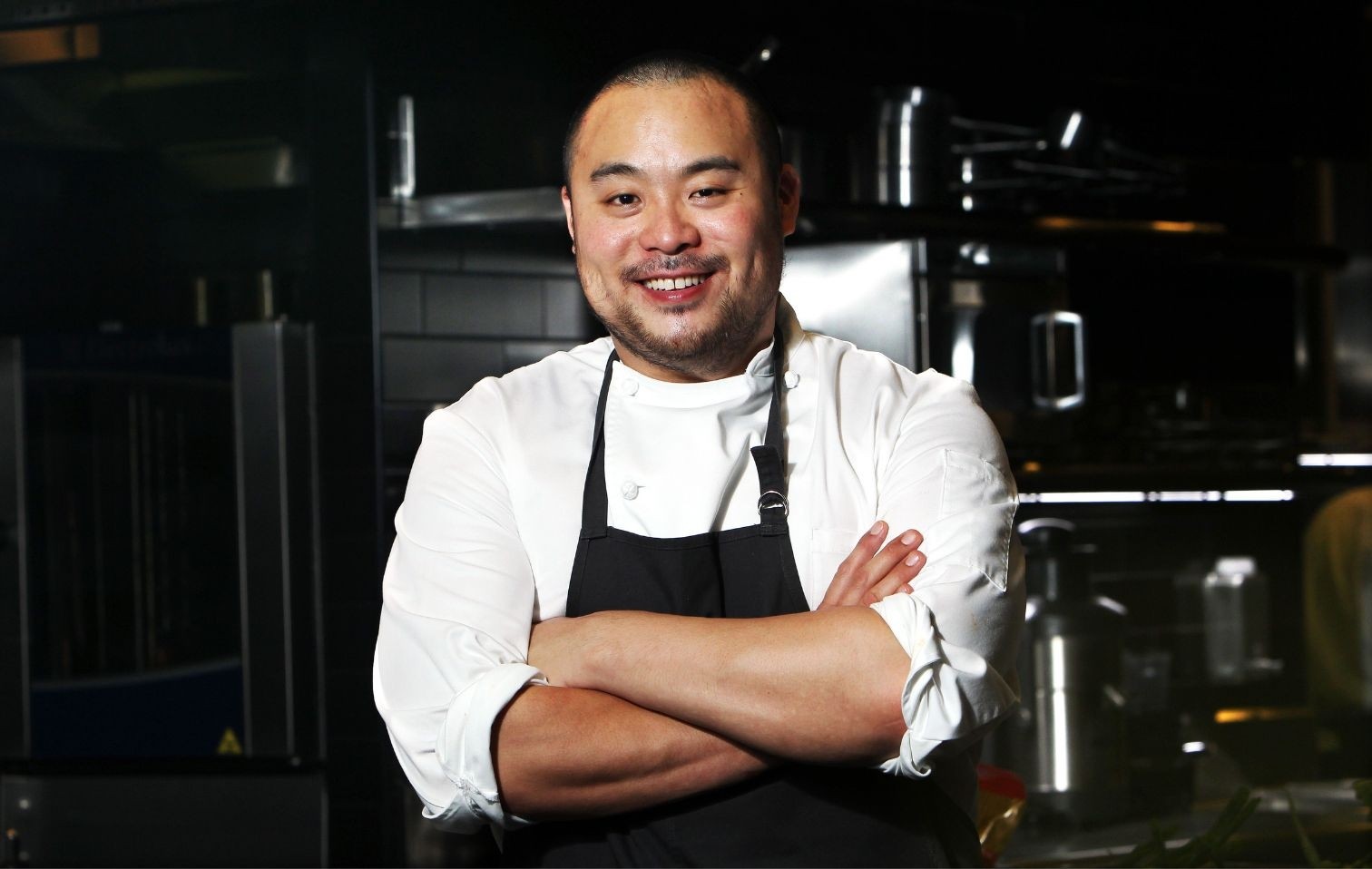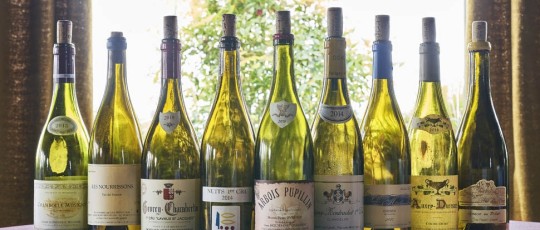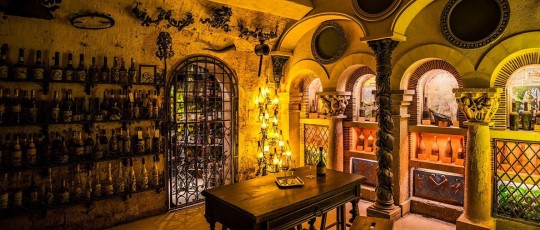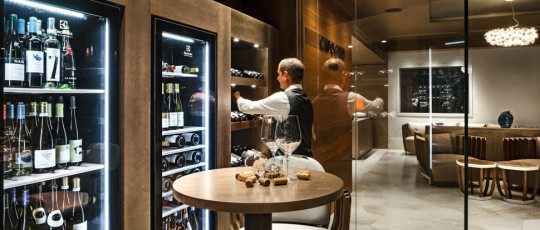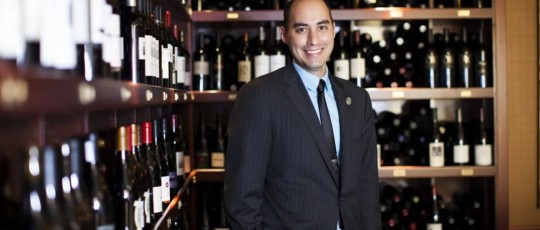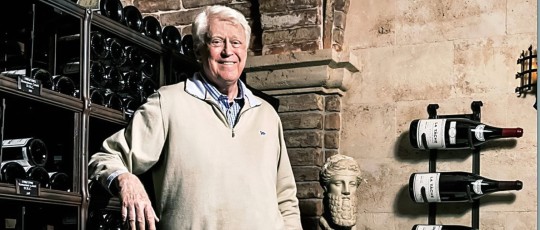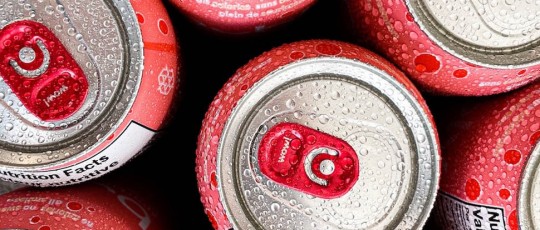David Chang's latest provocation involves wine, beer, and ice: he plans to enjoy any beverage, even the most prestigious ones, on the rocks."Talking about it makes me feel guilty, but it's not about culture. I want people to enjoy maximum freshness and hydration."
The news
Moët et Chandon had already attempted it with their bold move of introducing an "Ice Impérial", a Champagne to be served on the rocks, defying purists and embracing a carefree drinking experience. Now, it's the turn of David Chang, a global culinary star, who announces his preference for chilled beverages, regardless of their content or prestige.
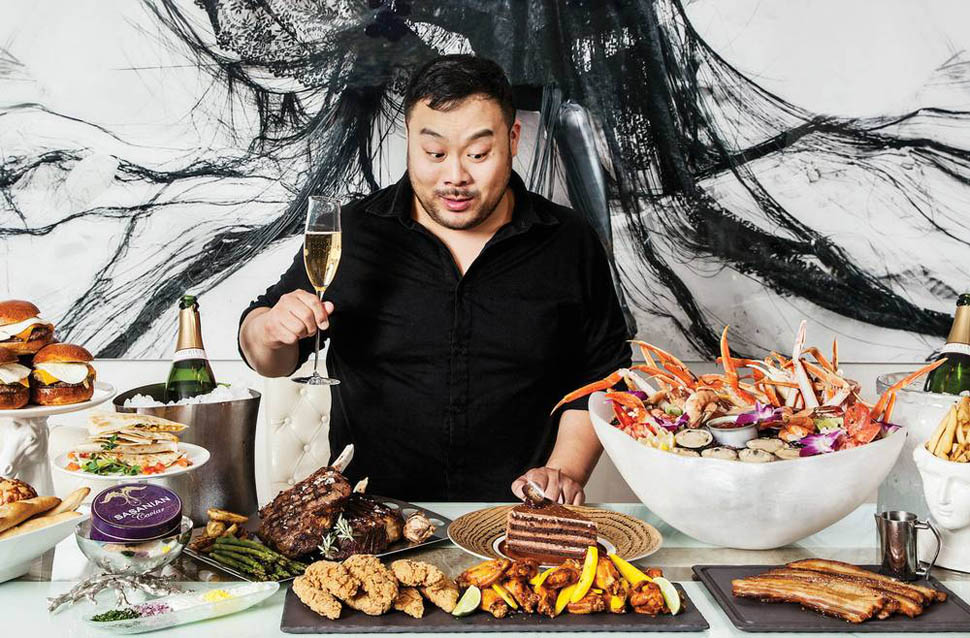
Chang asserts that every time he adds ice to his wine, he feels it "tastes like gold," yet he feels terribly guilty about it. In his view, it's time to break down some unnecessary structures. Wine and beer, he states, while steeped in history, aren't "cultural artifacts," so there shouldn't be any reservations about challenging the "culinary snobbery" of those who find adding a few ice cubes outrageous. These are just drinks, he argues, and they should be made as refreshing and revitalizing as possible, especially when the temperatures rise.

Apart from leading the Momofuku group, Chang is a television star thanks to the Netflix series "Ugly Delicious." In his podcast, he recounted having only a single glass of leftover white wine in the studio. This led to the idea of serving it on the rocks, given that there was nothing else open nearby, along with a beer. "Every time I talk about the idea of having beer and wine with ice, I feel like I've done something terrible. But it's hot all over the country. I'm always surprised more people don't do it. Take a mediocre bottle of wine and a non-Stout beer, then have them with ice. I want people to enjoy maximum freshness and hydration. Right now, I'll put anything on ice, but I think I'll do it all year round."
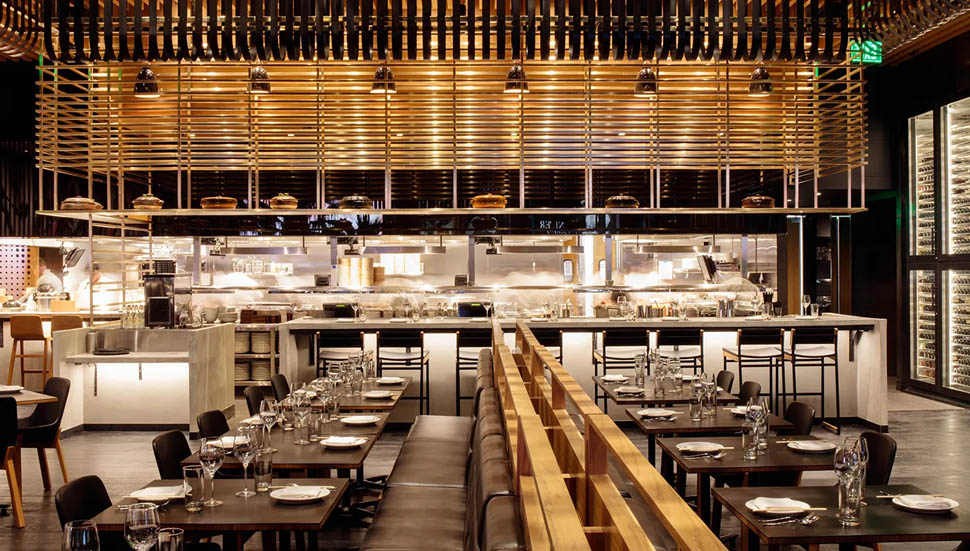
Chang is no stranger to provocations: his statements advocating for cooking hamburger patties not on a grill, but on a griddle, to prevent charring and drying, had already caused a scandal. This approach, he believes, embodies nostalgia, aroma, and conviviality, rather than being a culinary must. "But this perspective might get me into trouble."
